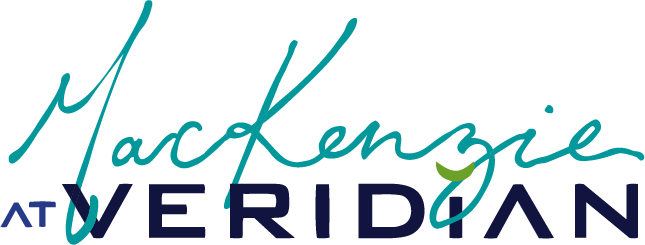Fundraising Ethics and Compliance for Nonprofits
Maintaining high ethical standards is essential for nonprofit organizations engaged in fundraising activities. In this section, we will highlight the ethical considerations in nonprofit fundraising, discuss legal and regulatory requirements, and provide guidance on maintaining transparency, accountability, and donor privacy.
1. Ethical Considerations in Nonprofit Fundraising:
Donor-Centric Approach: Place the interests and needs of donors at the forefront of your fundraising efforts. Treat donors with respect, gratitude, and fairness, ensuring that their trust is valued and their privacy is protected.
Mission Alignment: Ensure that your fundraising activities align with your organization’s mission and values. Be transparent about how the funds will be used and the impact they will make, ensuring that donor expectations are met.
Truthful and Accurate Communication: Provide accurate and honest information about your organization, its programs, and the outcomes of your work. Avoid misleading or exaggerated claims that could undermine donor trust.
Conflict of Interest: Avoid conflicts of interest that could compromise the integrity of your fundraising efforts. Disclose any potential conflicts and establish processes to manage them appropriately.
Donor Consent and Privacy: Obtain explicit consent from donors before using their personal information for fundraising purposes. Respect donor privacy by securely storing and protecting their data, and provide clear opt-out options for communications.
2. Legal and Regulatory Requirements for Fundraising Activities:
Compliance with Laws: Familiarize yourself with the laws and regulations governing nonprofit fundraising in your jurisdiction. Ensure that your activities, including solicitation, receipt, and use of funds, are in full compliance with applicable laws.
Registration and Reporting: Determine whether your organization needs to register with relevant government agencies or obtain licenses to solicit funds. Comply with reporting requirements and deadlines, providing accurate and complete financial information as required by law.
Charitable Solicitation Disclosures: Disclose required information to donors, such as your organization’s tax-exempt status, financial statements, and any professional fundraising fees or expenses. Ensure that your solicitations and promotional materials comply with disclosure regulations.
Fundraising Compliance Policies: Establish internal policies and procedures to ensure fundraising compliance. These policies should cover gift acceptance, conflict of interest, data protection, record-keeping, and financial transparency.
3. Transparency, Accountability, and Donor Privacy:
Financial Transparency: Maintain accurate and up-to-date financial records, and provide transparent reporting on the use of funds to donors and stakeholders. Clearly communicate how funds are allocated, demonstrating responsible stewardship.
Donor Communication and Engagement: Keep donors informed about the impact of their contributions through regular updates, impact reports, and personalized communications. Provide opportunities for donors to engage with your organization, ask questions, and provide feedback.
Donor Privacy and Data Protection: Safeguard donor information by implementing robust data protection measures. Clearly communicate your privacy policy, obtain donor consent for data use, and secure donor data from unauthorized access or breaches.
Donor Complaints and Grievance Handling: Establish a clear process for handling donor complaints and grievances. Respond promptly, respectfully, and transparently to address any concerns or issues raised by donors.
Adhering to ethical practices and complying with legal and regulatory requirements not only protects your organization’s reputation but also builds trust with donors and stakeholders. By maintaining transparency, accountability, and donor privacy, you create a solid foundation for sustainable and impactful fundraising activities.
The Fundraising Event Design Checklist
✔ See exactly which design pieces you’ll need (from save-the-dates to sponsor thank-yous)
✔ Map out your timeline so you’re never scrambling the week before
✔ Spot the hidden stressors (like late-arriving sponsor logos) before they derail your plans


